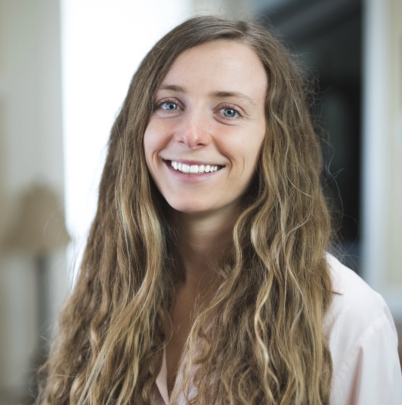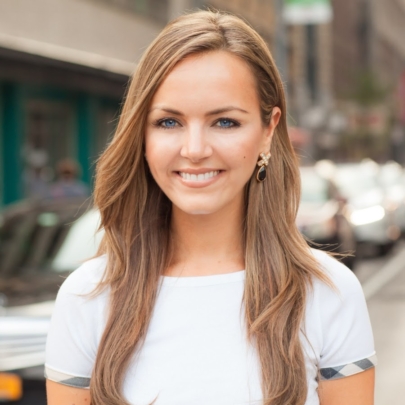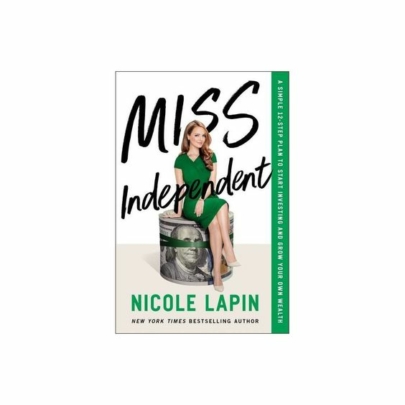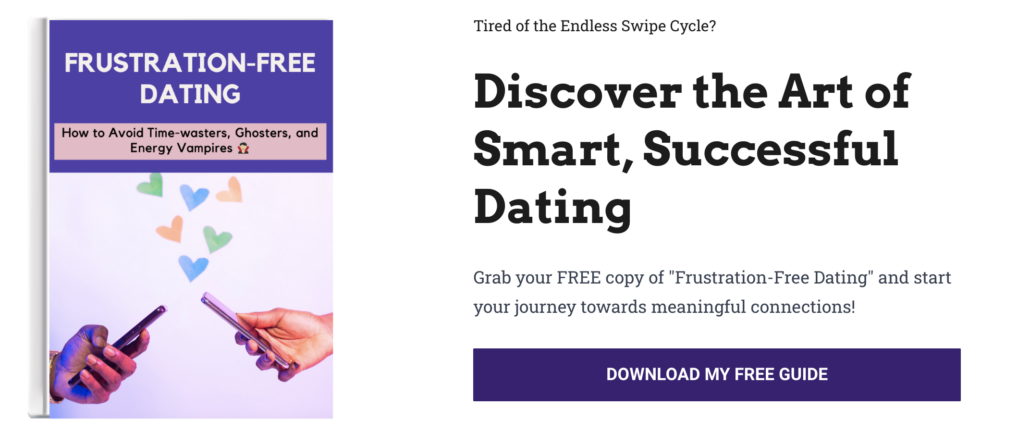Dating App Identity & Partner Power Struggles
Dating happens in stages, but did you know that relationships do too? We’re not just talking about the traditional path of dating, committing and getting married. There’s more to it than that, a whole lot more.
And that is why we’ve got family therapist Jordan Green on Dates & Mates today. She’ll be breaking down the 5 stages of every relationship to help you navigate the ups and downs that come with time. After all, no relationship is perfect.
And the timing is perfect too! It’s Thanksgiving week here in the U.S. and some of you might be accelerating your relationship to the next level by blending families this holiday… or you might need to “Define the Relationship” after spending a week dodging questions from nosy family members. Either way, we give thanks to you for listening to this episode.

DATING DISH (1:45)
The No. 1 thing that makes relationships successful:
Have y’all ever heard of the Gottman Institute? I bet you have. The Gottman Institute was co-founded by Drs. John and Julie Schwartz Gottman and helps provide practical, research-based tools to strengthen relationships. (Just for perspective, the Gottmans have studied over 40,000 couples.)
In a recent article for CNBC, John and Julie Gottman shared the number one factor they’ve nailed down for relationship success – turning toward your partner instead of turning away. Basically, turning toward your partner is acknowledging them and engaging with their attempt to connect. These attempts could show up as making eye contact with you, giving you a smile, asking you for help, or even just saying good morning. On the other hand, turning away is actively ignoring or not noticing your partner’s attempt to make a connection. And even more detrimental is turning against, which is irritably or angrily shutting down their attempt to connect.
It seems simple enough, and Damona says it all boils down to just having good communication (which is one of D’s four pillars of long-term compatibility – shared goals, shared values, trust, & communication/conflict resolution). Remember that we are not born knowing how to communicate, but we can always practice it.
Read the article for tips on how to practice turning toward…
JORDAN GREEN (11:20)
Jordan Green is a family therapist and the founder and CEO of Remble, a relationship improvement and mental health app.
Before that, Jordan founded and managed a membership community called The Love Group, which offered monthly courses and collaborated with therapists from around the world.
(12:00) A little more about Remble…
Being a therapist herself, Jordan says she has received tons of DM’s from women who were struggling in their relationships and seeking advice, but were not inspired to sign up for any of the preexisting therapy websites.
This led her to launch Remble, an app which collaborates with therapists from around the world to offer courses, daily short-form videos, journaling prompts, and even on-hand conversation questions that you can ask during your date.
(16:07) Unfolding the 5 relationship stages.
Jordan offers up some insight from psychologist and author Dr. Susan Campbell, who pinpointed the five stages we all experience in a relationship after doing a study with hundreds of couples.
Those five stages are: 1) Romance, 2) Power Struggle, 3) Stability, 4) Commitment, and 5) Co-creation.
Damona asks Jordan to clarify what happens in the power struggle stage & why it’s important. (Spoiler alert: this is the stage where couples either break up, or push through and become stronger.)
(21:21) Codependent vs. interdependent vs. independent
Jordan states that in all relationships – “there’s me, there’s you, and then there’s us. But in a healthy relationship, ideally, you have a good balance between all those parts.” And, that balance is where you will find interdependence. Jordan goes through the challenges that one might face when being too codependent or independent, and what you can do to rebalance yourself in your relationships with others.
(26:30) Is the bar too high?
We are Team Dating App all the way, but Damona brings up the observation that sometimes people focus too acutely on having certain things in common. Instead of focusing so much on whether they like tennis or not, think more about the questions that matter. Like – what is this person’s character? What values are important to them? What are some of the characteristics and qualities that I see in them that I’m actually looking for in a partner? Nails down these answers, and then let go of your attachment to exactly what that has to look like.
(32:17) Wants, needs, and boundaries.
Communicating can be really hard. And if healthy communication wasn’t modeled for us growing up, trying to express hard feelings can accidentally come out as criticism. So Damona asks Jordan for any wise words regarding expressing boundaries and what you need.
She shares a simple formula for communicating your feelings – I feel [blank] about [blank], and I need [blank]. “This helps the other person to understand how you feel, and it gives them a recipe for how they can best support you…”
Be sure to follow Jordan on Instagram @the.love.therapist and check out the Remble app!
DEAR DAMONA
Submit your questions on Instagram, Twitter, or Facebook and hear our answers live on the show! Here’s what our listeners asked about this week:
Email from Nikki – Hi there. I’m 51 and would love to be in a meaningful relationship in the next year. I’ve been single for 11 years. My son is 13 now and I’m ready. Do you have any specific tips for Bumble? That seems like a healthy place for professionals to meet other professionals. Thanks for the work you do!









